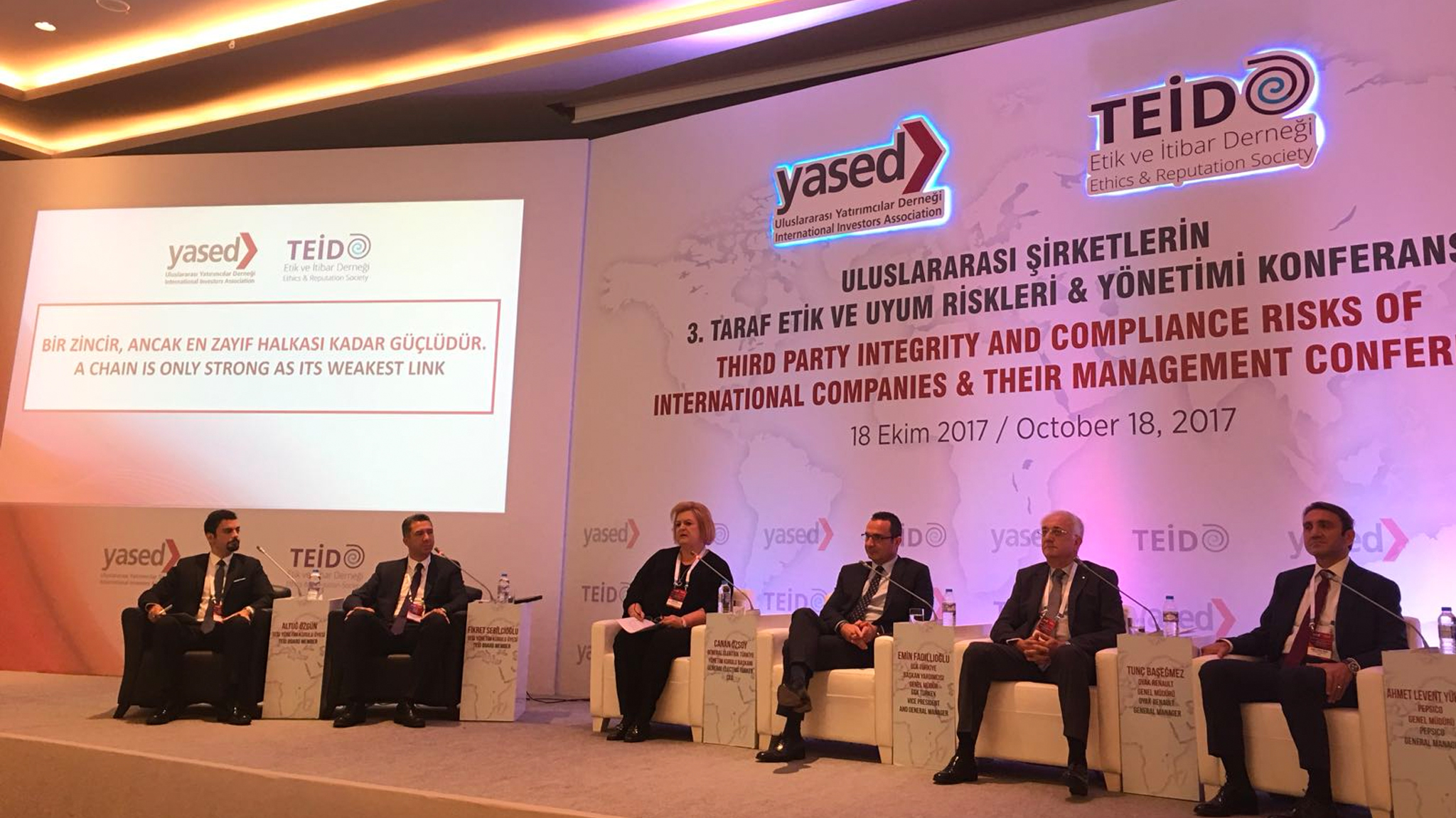INaction
What is Anti-Corruption Collective Action?
When taken together, businesses, civil society and the public sector can more effectively fight corruption.
When taken together, private sector , civil society and the public sector can more effectively fight corruption.
Anti-corruption Collective Action initiatives may include industry standards, multi-stakeholder initiatives and public-private partnerships. The focus is often on the “supply” side of bribes,.
Companies engage with other stakeholders to deal with paying bribes. Companies interact with other stakeholders to fight with paying bribes.
The World Bank Institute defines the Anti-corruption Collective Action as; ‘A long-term solidarity process based on collaborative work among stakeholders. It increases the impact and credibility of individual action, brings vulnerable individual players into alliances with the same think tanks, and levels the playing field between competitors.“
In practice, we define these categories of Anti-corruption Collective Actions:
- Anti-corruption declaration
- Standard or principles-based initiative, including a certification model for monitoring and auditing adherence to a bribery-free contract
- Integrity Agreement














